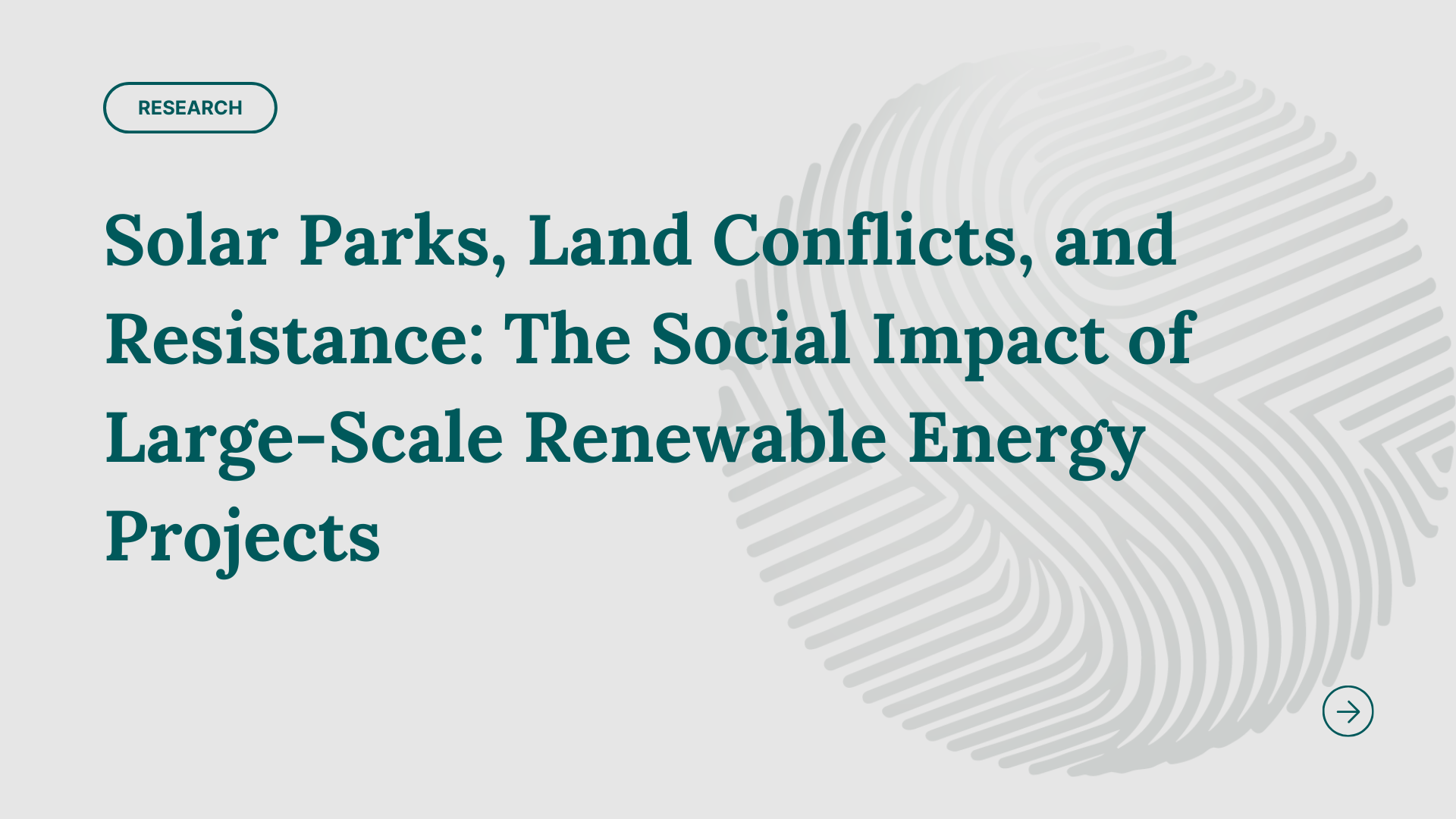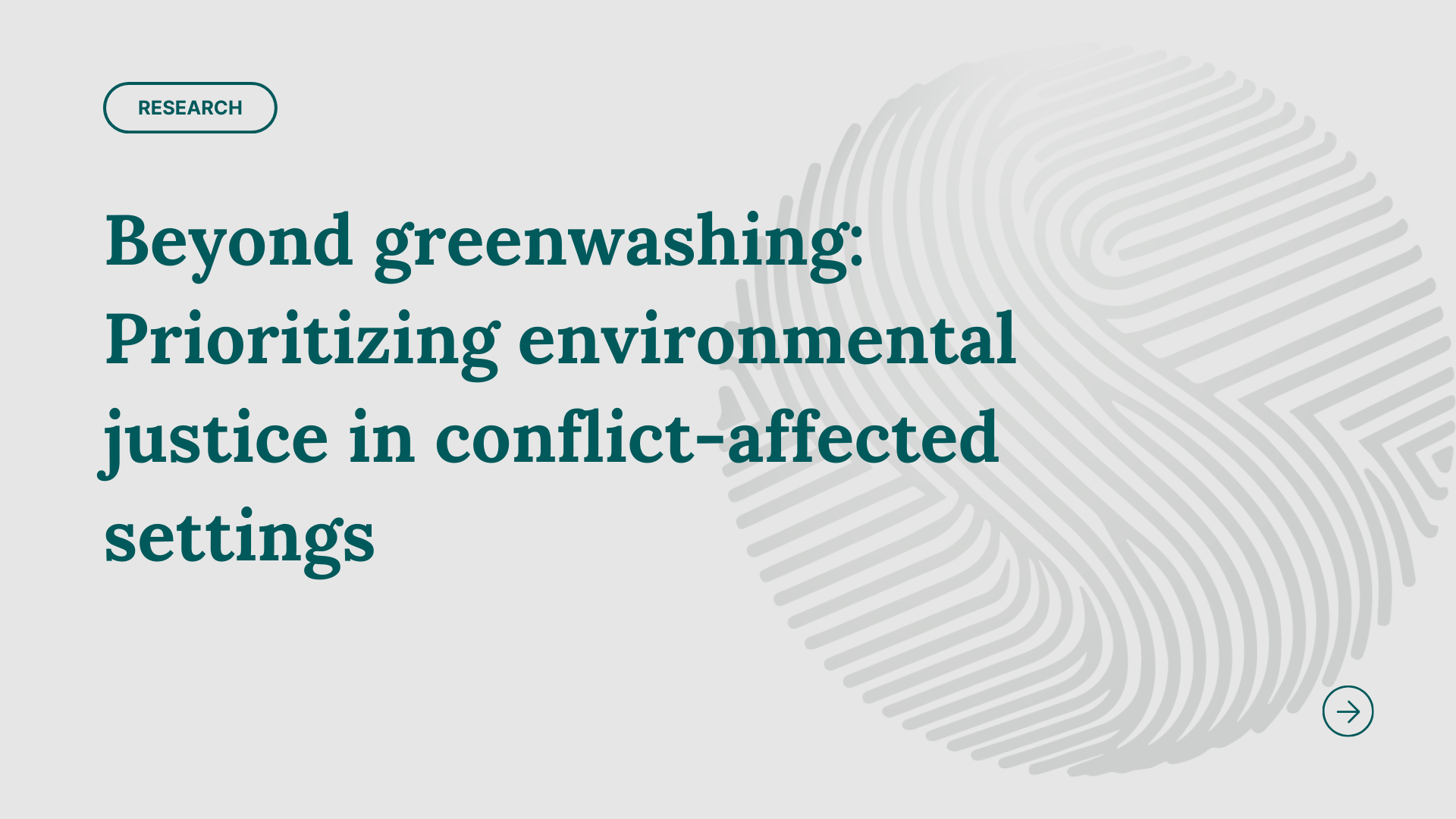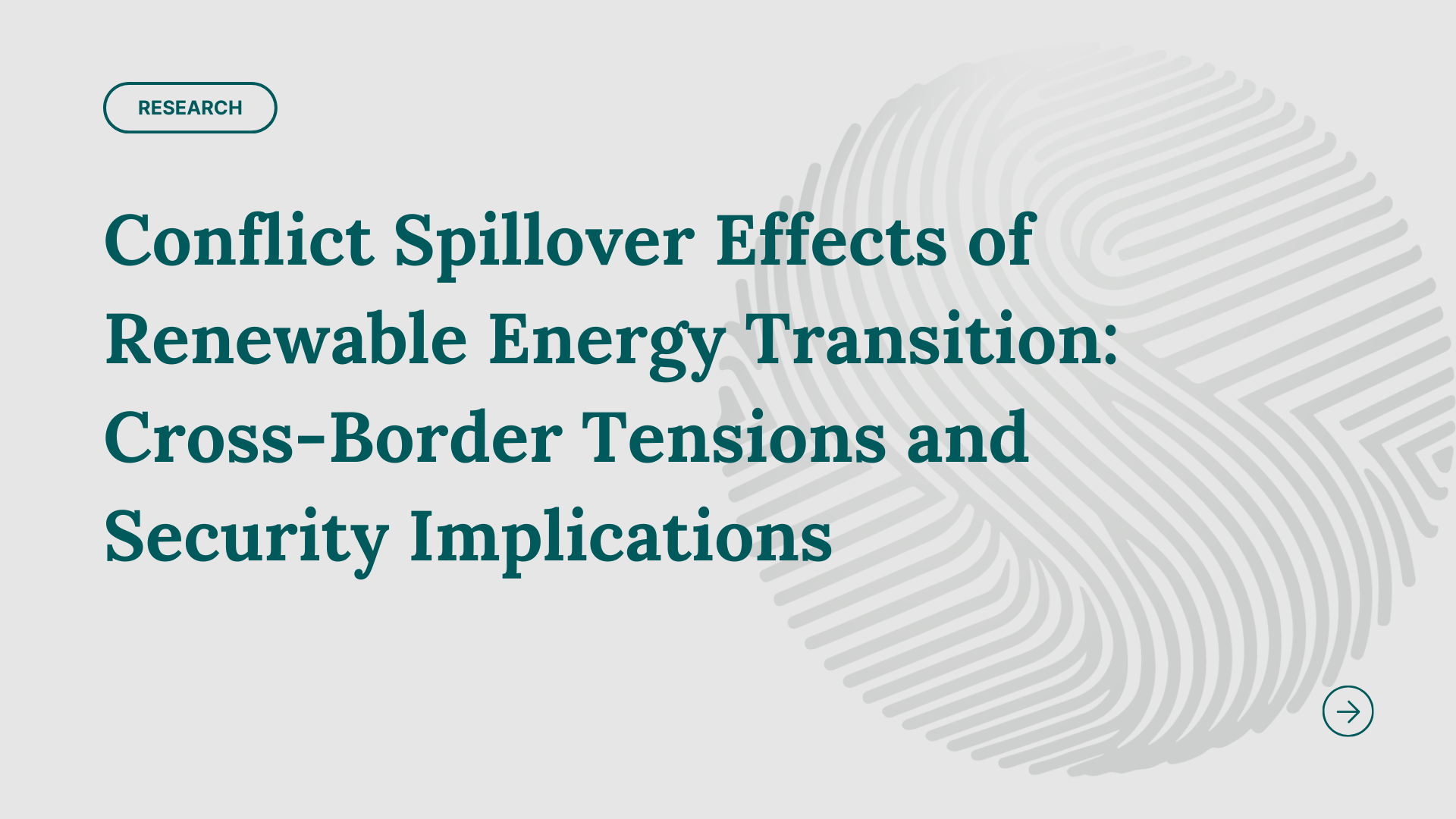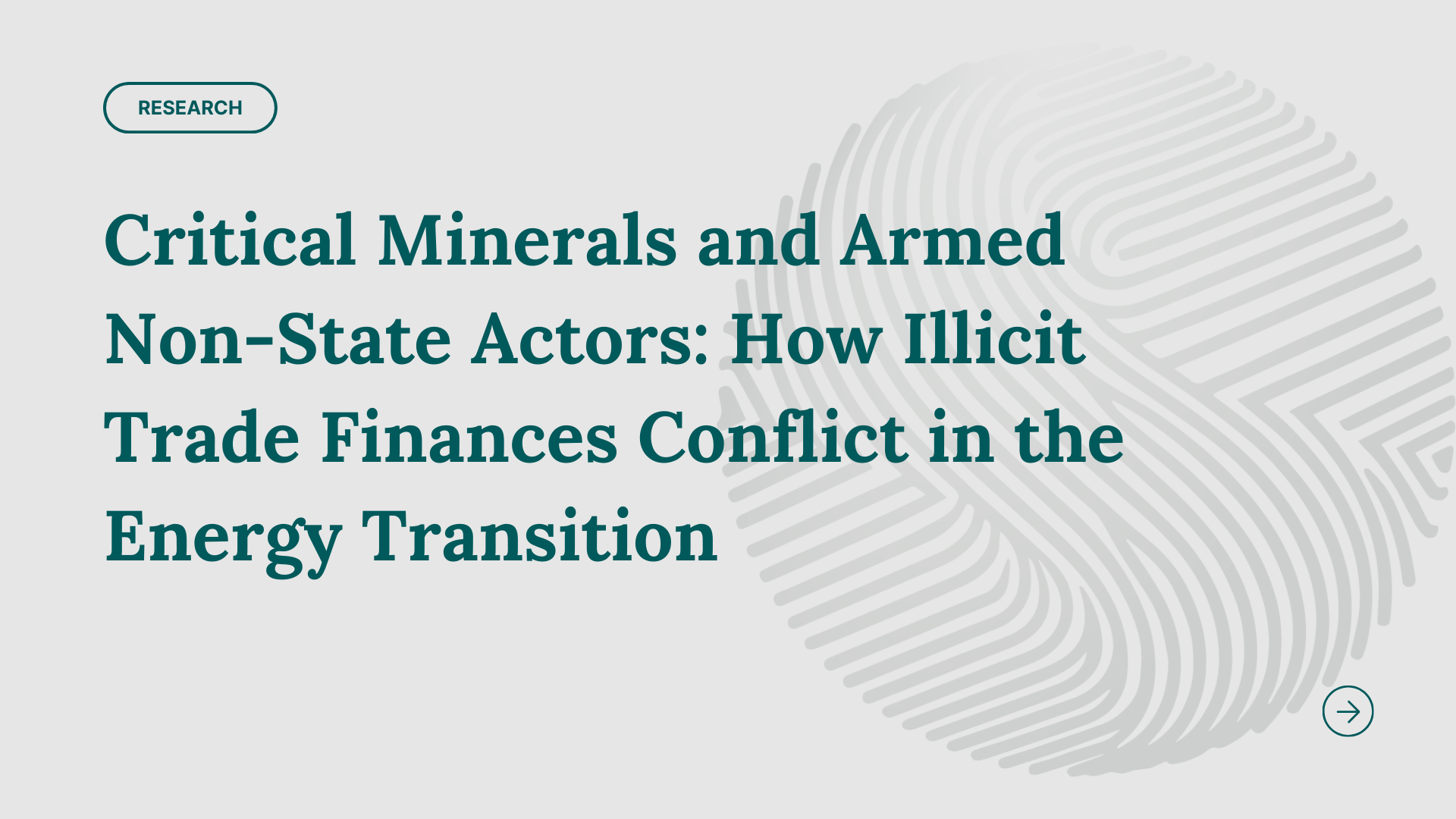Abstract
This study examines the role of nature-based solutions (NBS) in post-conflict peacebuilding, with a focus on Colombia’s transition following the 2016 peace accord between the government and the Revolutionary Armed Forces of Colombia (FARC). Using environmental security and peace economics frameworks, the research explores how sustainable agricultural development and rural reform contribute to economic resilience, social stability, and conflict prevention. Through a case study approach, the paper evaluates the implementation of NBS, particularly in the context of land restitution, crop substitution, and agricultural commercialization, as mechanisms to reduce economic dependence on illicit activities and mitigate social inequalities. Empirical analysis highlights the socioeconomic and environmental impacts of NBS, revealing their potential to address structural poverty and enhance rural development. The findings suggest that Colombia’s approach offers valuable insights for integrating natural resource management into peace transitions globally. However, challenges such as income inequality and structural barriers remain, necessitating further policy innovations. This study contributes to the broader discourse on sustainable development and conflict resolution, emphasizing the need for holistic, nature-based strategies in post-conflict recovery efforts.
This is a working paper by the Stratum Institute for Global Action. Interested in contributing? Contact us!




